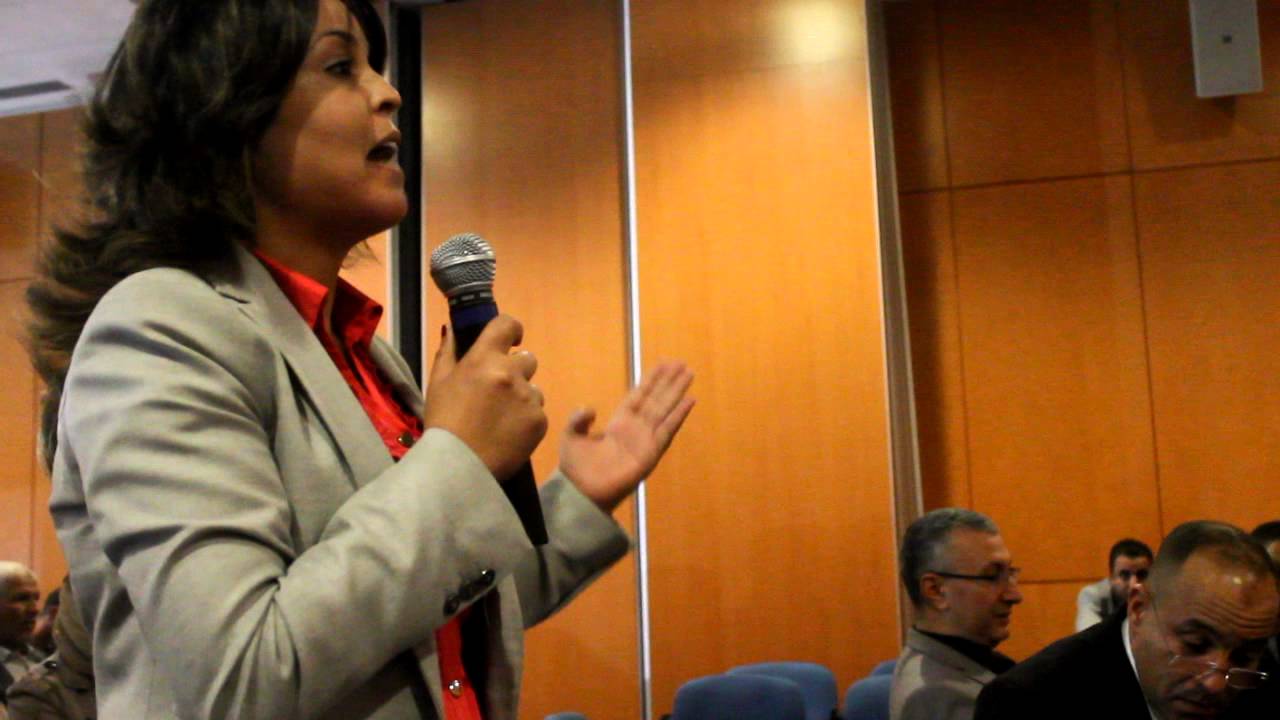I am a lawyer and human rights activist. I became an activist as a student at the Law Faculty when I established the Association for Defending Veiled Women in 2005, as female students at that time were banned from passing their exams and also from entering the universities simply for wearing the veil. As I was convinced that it was their right to education and to choose how they dressed, I defended their right; but the political police were after me. I received several threats via my own family to put pressure on me to give up my activities, in addition to assaulting me physically and verbally.
In 2007, I undertook an MA in Law Studies and started working as a lawyer and got involved in a charity organisation and activities to defend human rights. The first days in the charity were risky. In addition to increasing surveillance, the political police tried to prevent me from leaving the organisation and also tried to hurt my face with a sharp knife. The attack came as a result of the human rights campaign activities I was doing. As a result, the National Commission for Lawyers issued a strong statement condemning what happened.
I was prevented from getting a passport. The officer in the passport office told me that there were strict instructions for me not to be granted a passport. I had no option but to go to an open sit-in. Later I received great support from other rights activists, and in 2010 the authorities granted me a passport. Working on human rights during Ben Ali’s regime was not easy. In addition to the security service’s summons and the surveillance by the political police, I was terribly harassed even during my work as a lawyer when I was defending prisoners of conscience or political prisoners. I was banned on several occasions from visiting clients in the remand prison. The bans lasted for several months.
My clients were exposed to pressure from members of the State security services not to appoint me as their lawyer purely because of my rights activities. My mobile phone was constantly under surveillance and still is at present. My email was hacked on several occasions and also my Facebook account. During the revolution, I was one of the founders of the Committee for Defending Sidi Bouzid city, where the revolution started. I worked alongside other lawyers and unionists. We organised several protests inside the court.
The targeting by the police has continued after the 14th of January 2011. Some of the practices of the police have continued. I was assaulted by members of the police during a peaceful demonstration as I was taking pictures of the attacks on protesters. The police confiscated my camera. I complained to the Minister of Interior, Al-Habib Assid.
In March, during a meeting with other lawyers from the Bar Association, the police stole my bag which had in it important documents related to my clients. The police later returned the bag to me and thankfully nothing was missing. Human rights work in Tunisia involves several adventures, demands and sacrifices, but it is noble work which makes you feel the importance of defending the rights of the oppressed.

The first days in the charity were risky. In addition to increasing surveillance, the political police tried to prevent me from leaving the organisation and also tried to hurt my face with a sharp knife. The attack came as a result of the human rights campaign activities I was doing.
